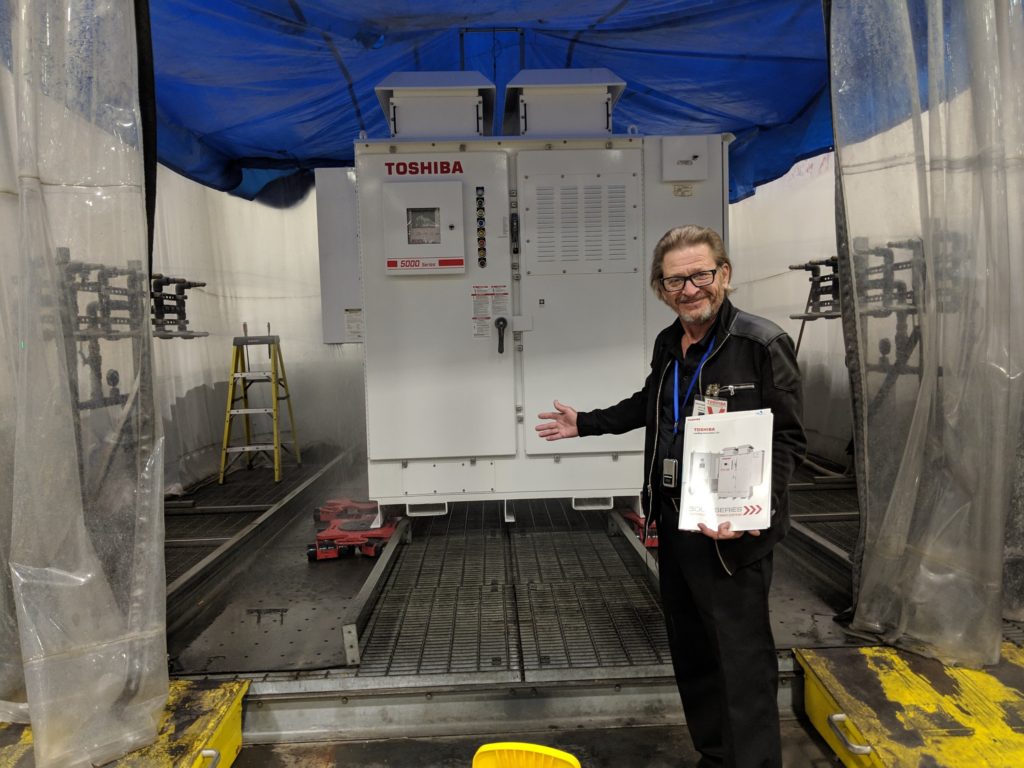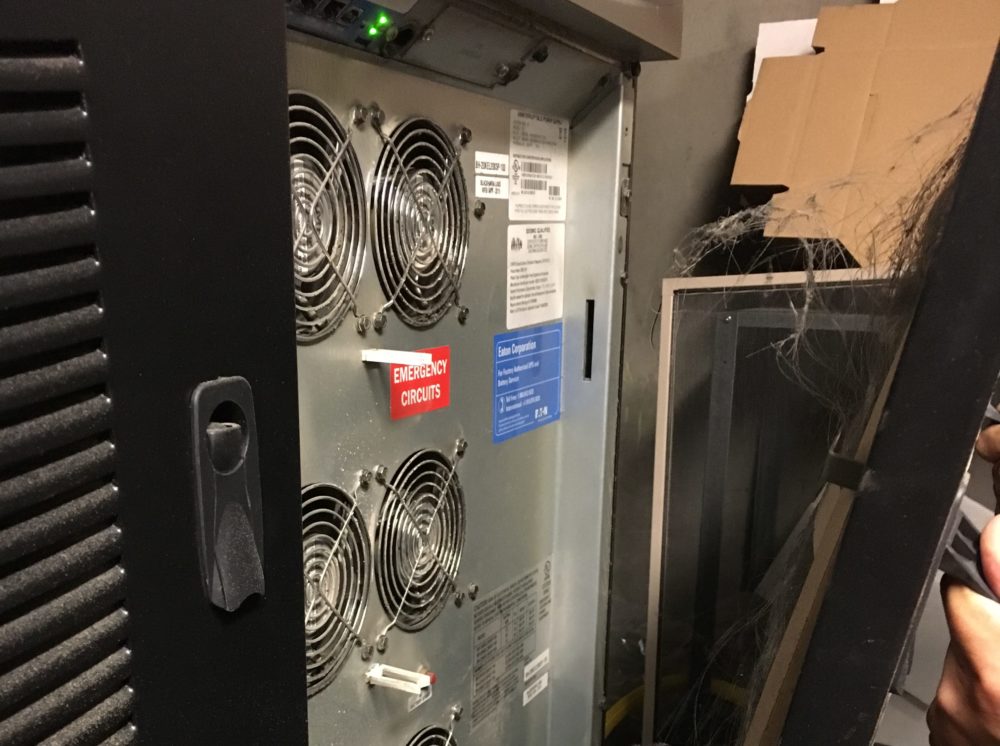Installing a UPS in harsh environments can be difficult to say the least. A UPS, or uninterrupted power supply, needs suitable environmental conditions to function without issues. The majority of UPS systems require a stable indoor environment to properly function. But this doesn’t mean that those with harsh conditions or external applications cannot install a UPS. Before we get into how to make a UPS work in harsh environments, here are a few factors that constitute a harsh environment for a UPS.
Harsh Conditions for a UPS
- Extreme temperatures (like freezing cold or sweltering heat): Recommended temperature for optimal UPS and battery performance is 68-77F.
- Humidity
- Salty winds
- Dusty gales
A UPS could corrode, overheat, and fail to function if installed in a space with unpleasant environmental factors. However, there are a few ways of installing a UPS in harsh environments and even some systems built for just this scenario.
Separate Battery Storage
Without rain or snow, most UPS models can function just fine at temperatures anywhere from 32F to 100F. The UPS’s performance may not be optimal but the wide range of temperatures wouldn’t have much effect on the UPS. Especially if the capacitors and fans in the system are preventatively checked and replaced periodically. However, in the absence of ideal working temperatures (68-77F), the batteries of a UPS system would be affected.
If the temperature climbs above 77F, the batteries will have a decreased life span but increased performance. In case of lower temperatures, the batteries would have decreased performance and increased lifespan. To protect the batteries, they are best stored in a secure location away from the adversities of the environment.
Dust and Salt
Dust or salt can clog and corrode the inside of a UPS and lead to failures. To help, you can install UPS models that have high functioning filters and clean them regularly to avoid getting clogged. Conformal coating is also a method that’s employed to protect the internal components of a UPS. The manufacturer covers the insides of their product with a chemical coating that prevents airborne foreign particles from sticking.
Installing a UPS in a harsh environment leads to a number of issues including filter clogs (as mentioned above), overheating, and damage to internal board and contacts. It can also create a hazardous condition that might lead to arc flashes. An arc flash is a serious danger to those working on a UPS system and can happen without warning. This creates a flash of electricity which can shock anyone nearby leading to extreme injuries and in some cases, has proven fatal. A properly maintained UPS should be correctly vacuumed and cleaned thoroughly at least once a year by a trained technician in order to help prevent these dangerous conditions.
Salt from humid, ocean air can also corrode the internal components of your UPS and batteries. For example, a UPS located in a parking garage near the beach might be installed in a basic electrical room, but without proper insulation, sealing, and environmental controls, this unit will be exposed to a high level of salty air from venting into the room. This can cause premature parts failure and electrical shorts.
Separate Enclosures
If your UPS is required at an outdoor location, consider a separate NEMA-3 enclosure with its own cooling system. A NEMA-3 rated enclosure provides protection from the elements including temperature extremes, dust, salt, and moisture. If this is a realistic option for your scenario, a separate enclosure can be built anywhere to support back-up power needs. This includes mountain tops for cellular and data applications or outdoor areas near the ocean where salty air and moisture are factors for accelerated degradation.
Specific Systems Rated for Outdoor Use
Toshiba actually manufacturers a UPS specifically built for outdoor applications. Our UPS service manager was recently in Houston and had the opportunity to witness water testing on this unit first hand. The Toshiba 5000 series UPS is rated from 20 to 50kVA and includes true online, double-conversion technology with a 98% Power Factor at 100% load. The temperature rating for this unit varies from 32-122F at a maximum altitude of 3300 ft without derating as well as a relative humidity rating of 5-95% non-condensing. All of this comes with Toshiba’s industry-leading three year warranty. As a Toshiba Authorized Service Provider, we are ready to help you determine if this unit suits your specific needs.

Contact Us
Before installing a UPS in harsh environments, it is best to consider all of the above factors related to the proposed system’s environment. If you have any further questions or queries reach out to us at 800.675.4545. We have years of experience in the field of power supply and would love to help.
